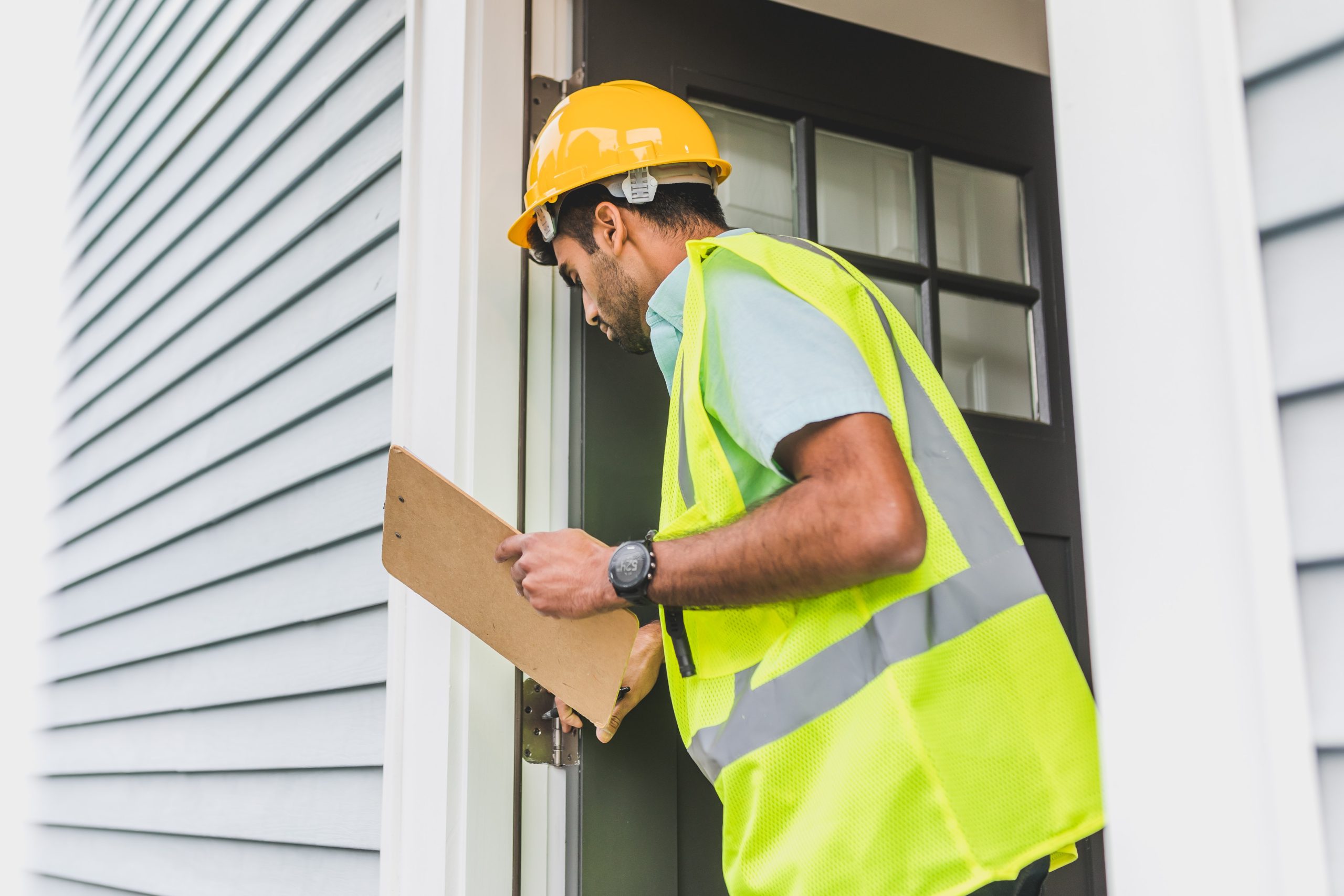
As a landlord, your rental property is an essential component of your business and income. Naturally, you want to protect that investment and ensure your tenants take care of the property. But sometimes, it’s hard to distinguish between a conscientious landlord and a meddling one. How can a property owner avoid crossing that line?
While landlords have a right to keep tabs on their rental investments, tenants have an equal right to privacy in their rented units. States balance these competing interests with statutes that specify when landlords may enter their rental properties and what kind of notice they must give. So, stay abreast of local laws that impact your property since every state differs. But inspections are typically acceptable in the following circumstances:
Routine Inspections. A landlord may perform periodic inspections if they’re infrequent and unintrusive. He may also combine these inspections with routine maintenance while checking for damage and safety concerns.
Maintenance. If the tenant permits, a landlord or service professional may enter the property to handle repairs or perform maintenance requests.
Extended Absence. If a tenant is away for an extended period, the landlord may check on the property while he’s gone. States have different definitions of extended absence but often require the renter to be away for a week or longer.
Emergencies. In emergencies, such as flooding or a gas leak, a landlord may enter the unit immediately to take care of the problem.
Abandonment. A landlord may generally enter a property when evidence indicates the renter moved out before the end of the lease term. Such evidence would include turning off utilities or filing a change of address at the post office.
No matter when or why you’re planning an inspection, it’s essential to schedule the inspection during regular business hours and to give proper notice whenever possible. Most states require 24 to 48 hours of notice before a landlord can enter a unit for anything other than emergencies or abandonment. Even if local statutes don’t require giving notice, providing one shows professionalism and lets your tenants know you value their privacy. Including information within the lease that outlines the frequency of routine inspections, and how much notice will be given, helps establish tenant expectations from the start.
In addition to complying with local laws, it’s critical to demonstrate professionalism and respect for your tenants. Limiting intrusions and maintaining open communication will nurture a positive relationship with tenants so they’ll cooperate when inspection needs arise.
About Rentals America
Rentals America provides full-service property management for residential rental properties. Our team is completely dedicated to property management, and we’re here to help landlords navigate the rental market.










